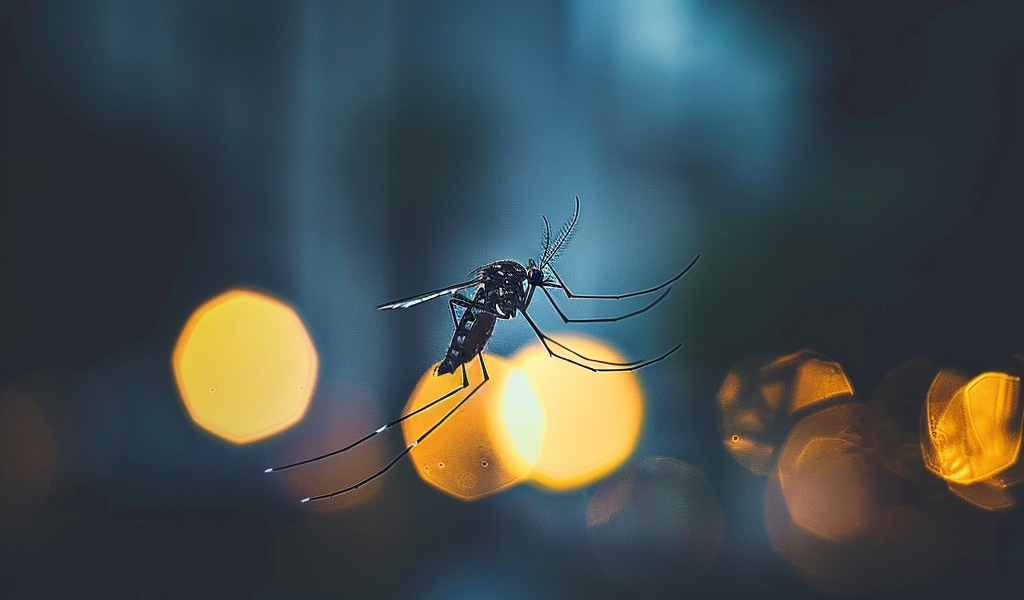Health authorities in China have raised concerns about the increasing spread of dengue fever, a potentially fatal viral illness transmitted by mosquitoes. This warning comes amidst a surge of dengue cases in Latin America and an early cluster of infections in Guangdong province.
As of May 9, Guangzhou, the capital of Guangdong, reported three local cases of dengue, all within close proximity in residential complexes. An investigation revealed that the cluster originated from an external infection source, with the patients, who are middle to elderly age, currently in recovery with mild symptoms.
Qin Pengzhe, deputy director of Guangzhou’s disease control and prevention center, highlighted the severity of the situation, noting the early onset of the infection cluster compared to previous years. The global trend of an early peak in dengue cases has further exacerbated the challenge of disease control.
Dengue is primarily transmitted by Aedes mosquitoes, with peak transmission months in China typically falling in August and September. However, regions like Hainan, Guangdong, Yunnan, and Guangxi Zhuang experience an extended peak from May to November, according to the Chinese Center for Disease Control and Prevention.
With warmer weather and increased rainfall, China is entering the peak season for dengue infections. Liang Xiaofeng, president of the Chinese Pest Control Association, emphasized the need for early and extensive control measures given the rising dengue cases in Latin America and South Asia.
According to the World Health Organization, the Americas have seen a significant rise in suspected dengue cases this year, with nearly 6.8 million cases reported, triple the number from the previous year. Symptoms of dengue include high fever, headaches, joint pain, and rashes, with severe cases potentially leading to shock and death.
Experts advise the public to eliminate stagnant water, regularly change water in household plants, and maintain cleanliness to prevent mosquito breeding and reduce the risk of dengue transmission.





